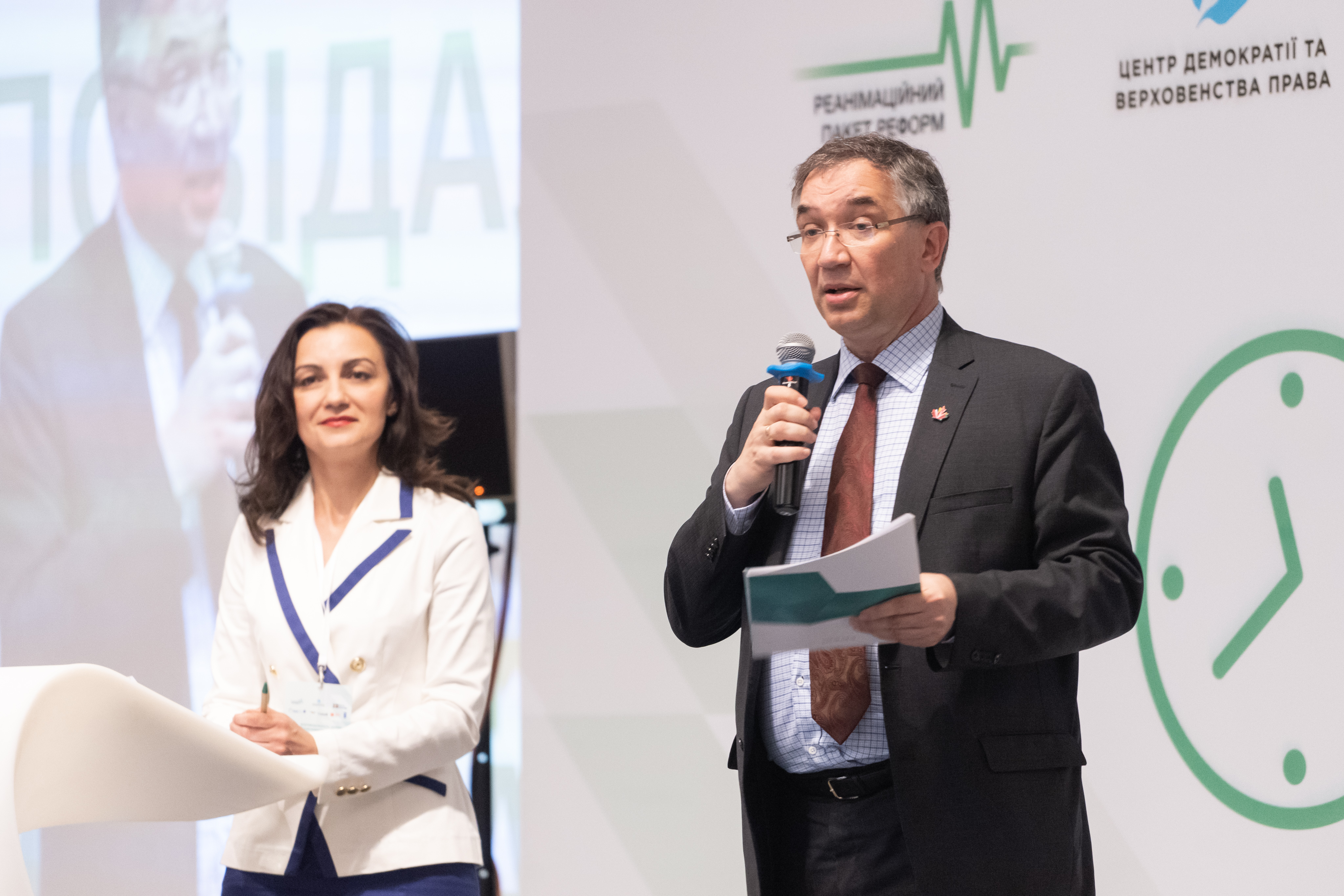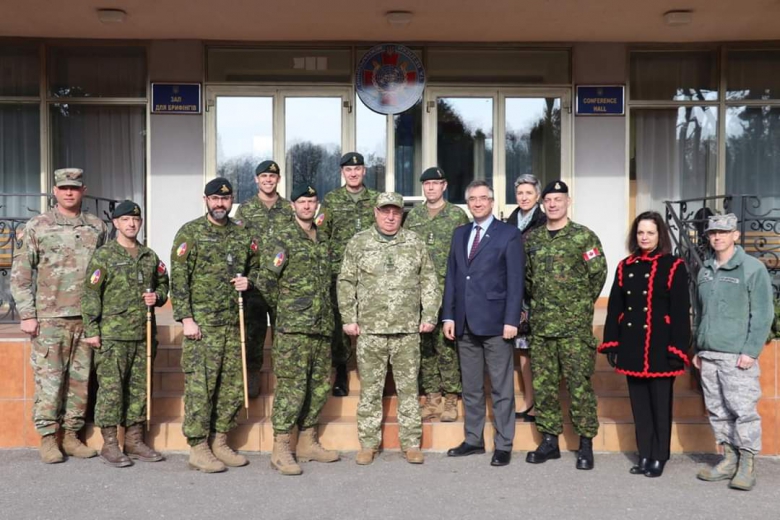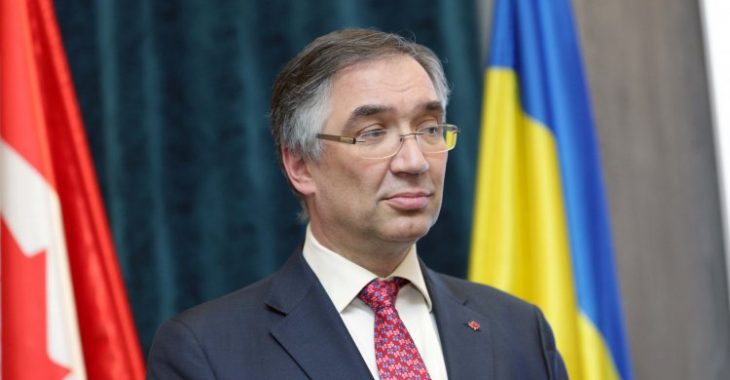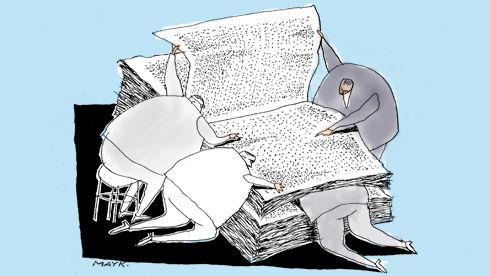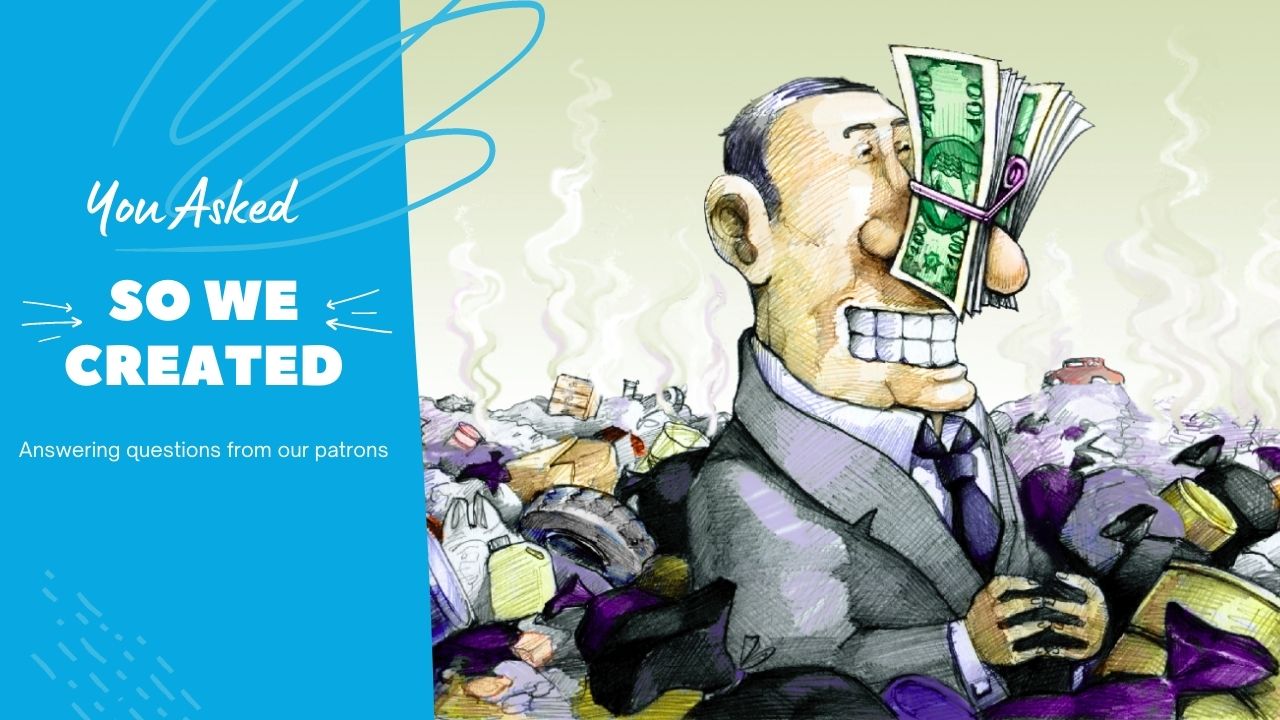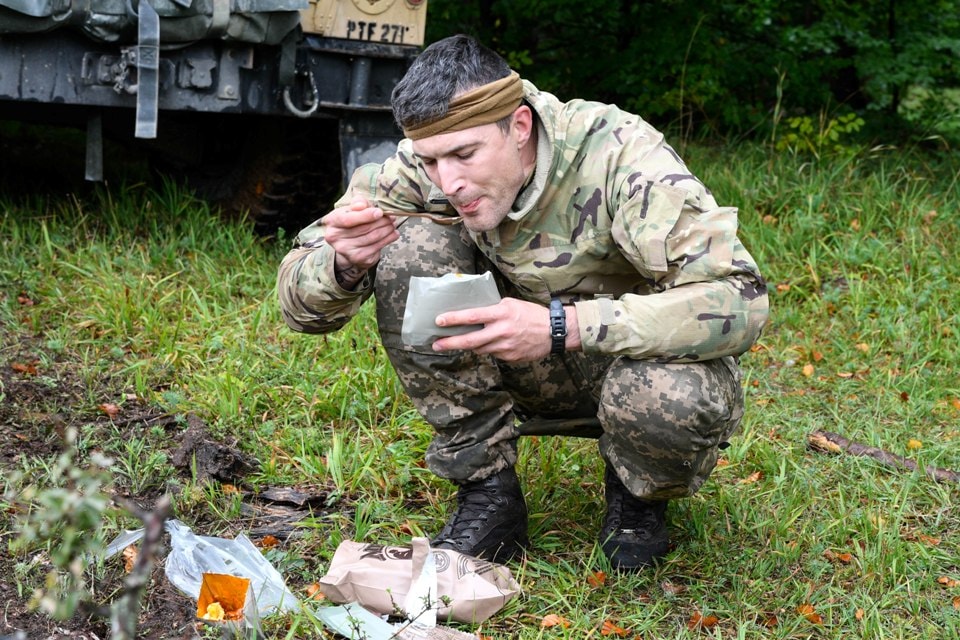An important International Conference on Reforms in Ukraine will be held in Toronto, Canada on July 2-4. It will be a platform uniting different organizational efforts to implement democratic reforms in Ukraine. Dynamic changes in the country call for adjusting plans and time frameworks; this will be made possible through agreements between Ukrainian authorities, civil society and international partners.
Ambassador Extraordinary and Plenipotentiary of Canada to Ukraine Roman Waschuk told the Reanimation Package of Reforms how the Conference can influence reforms in Ukraine, become a platform for consensus “on betrayal and victory”, as well as a great potential force for Canadian-Ukrainian cooperation.

